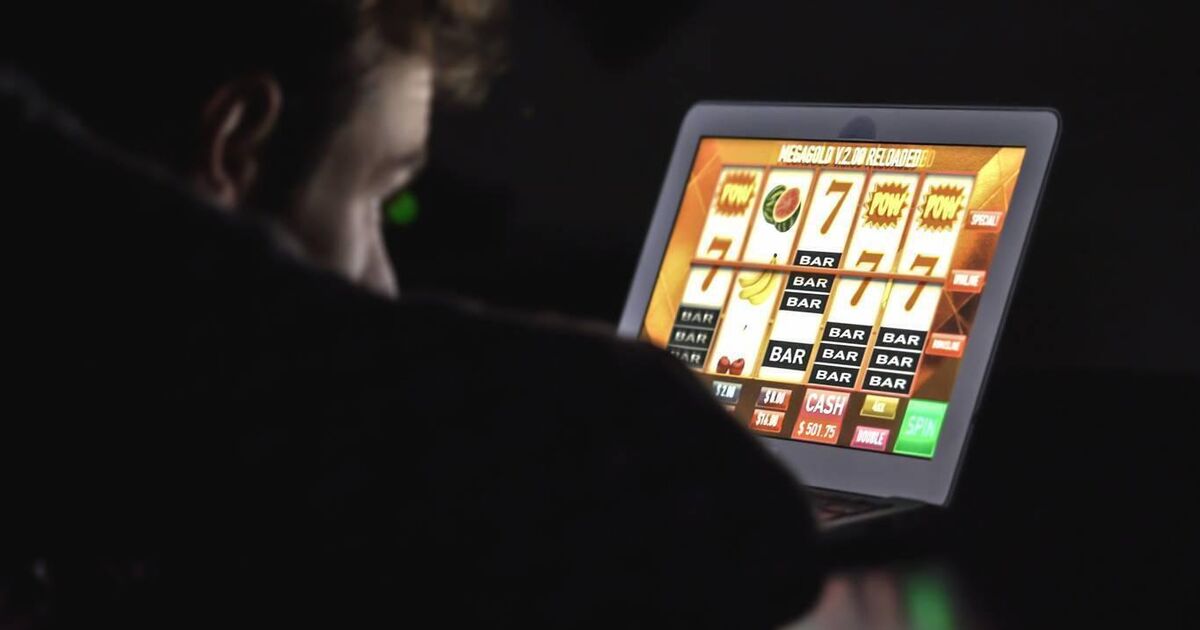Two in five online gamblers have more than one account, while 10% bet while they’re in work, Ireland’s gambling regulator has said.
Anne Marie Caulfield, chief executive of the Gambling Regulatory Authority of Ireland, drew on yet-to-be-published research from the ESRI, which found more than a quarter of account-holders receive at least a daily notification encouraging them to bet, while one in six receive daily unsolicited emails or texts to gamble.
“That’s something that you will be allowed to opt out of in future under the legislation, where you decide you do not want to receive those notifications,” Ms Caulfield told a conference in Dublin on Tuesday.
“So that’s an important justification for the introduction of that,” she said, but added: “We may be subject to some legal pushback in relation to some of these restrictions.”
Ms Caulfield was speaking at the 35th annual research conference from the St John of God Research Foundation, which heard behavioural addictions — such as gambling, gaming, and excessive screen time — were on the rise in Ireland.
Studies in recent times have suggested the prevalence of problem gambling in Ireland could be up to 10 times higher than had previously been thought.
The latest research from the Economic and Social Research Institute (ESRI), undertaken for the regulator, which is currently being peer-reviewed and is expected to be officially published early in the new year, has focused on consumption patterns of gambling in Ireland.
Ms Caulfield said the headline findings from the study include that more than one in 10 online gamblers have four or more betting accounts.
It also found people who signed up for an account for a specific interest, such as horse racing or football, would then often be offered inducements like “free spins” for casino games offered by the betting site as a form of “cross selling”.
“Also, three in four made a deposit in the past year, and we did find through this study that people found it relatively easy to make a withdrawal, but a little bit more difficult to withdraw than to add to their accounts,” she said.
“Another thing that will come out in the study is the impact it has on the quality of life of the broader family.
And an interesting one is that 10% of the gambling is actually happening at work during work hours and sometimes on work devices.
From next month, the Gambling Regulatory Authority will begin the process of licensing all the major players in the online betting space in Ireland.
Next year, it will also introduce a national self-exclusion register for people who wish to opt out of gambling.
Also speaking at the conference, consultant psychiatrist Professor Colin O’Gara, who works in the area of addiction, said there must be adequate protections for people affected and properly funded treatments across the country.
“We have people coming to us who are very unwell, very upset, families,” he said.
“Eight people are affected by the one person in addiction. We have hundreds of thousands of people affected, and the treatment provision is very poor.
“Our mission really is to try and alleviate the suffering of individuals who present to us, but also we carry an advocacy for people the rest of the country as well.”

